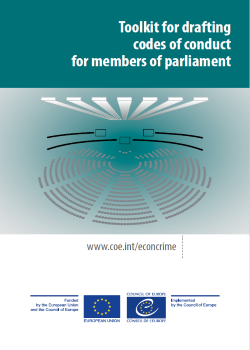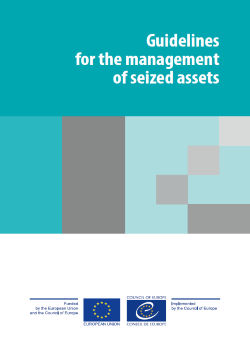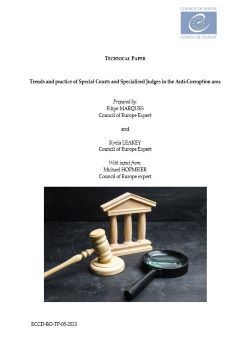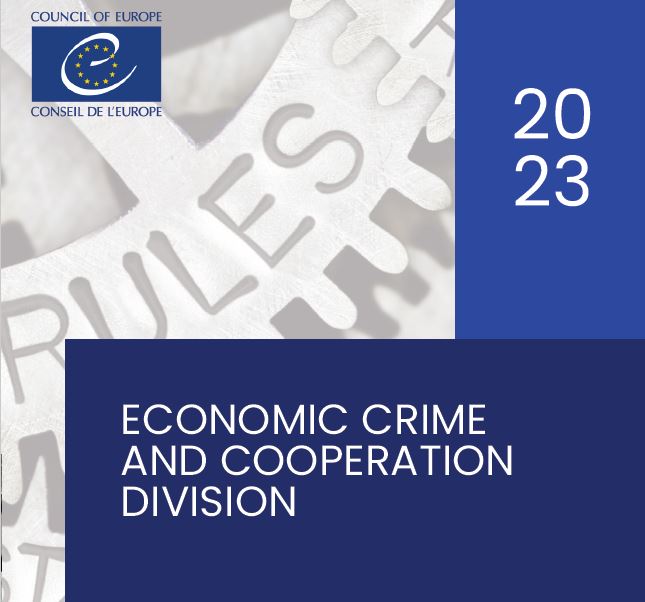In June 2022, the Council of Europe and the European Commission Directorate General for Structural Reform Support (DG REFORM) have officially launched the implementation of two new joint Actions within the “Support to EU Member States in the implementation of reforms under the Technical Support Instrument – 2021: Governance, Public Administration, Financial Sector and Access to Finance”.
As part of the Thematic Area “Financial Sector and Access to Finance”, the Council of Europe through its Economic Crime and Cooperation Division (ECCD) will be supporting Lithuania and Poland to implement anti-money laundering/countering terrorist financing (AML/CFT) reforms.
In Lithuania, the project will aim at strengthening the Financial Crime Investigation Service’s (FCIS) capacities in risk-based supervision and implementation of AML/CFT measures over obliged entities. Technical assistance will also focus on improving the understanding of the AML/CFT risks regarding sectors supervised by the FCIS. Specific activities will aim at providing a sectoral risk assessment methodology, reviewing the existing framework for information exchanges, providing guidance to the authorities in conducting Sectoral Risk Assessments (SRA) of Virtual Assets (VA) and Virtual Asset Service Providers (VASPs), and developing a Risk-Based Supervision Manual and training material for relevant authorities.
In Poland, the project will focus on supporting the Polish authorities to enhance the effectiveness of the AML/CFT regime by strengthening the methodology for future Money Laundering/ Terrorist Financing (ML/TF) National Risk Assessments (NRAs), conducting a mapping of the data available for the implementation of the NRA, as well by providing assistance in updating the ML/TF National Risk Assessment and in conducting sectoral ML/TF risk assessments to complement the NRA. For this purpose, the project activities will include the update of the ML/FT National Risk Assessment and the introduction of risk-based approach supervision of virtual assets service providers, while a focus will also be placed on strengthening the strategic analysis capacities of the Financial Intelligence Unit (FIU) and enhancing cooperation among the FIU, Law Enforcement Agencies and supervisors.
In the meantime, a regional project was launched in September 2022 to support the Czech Republic, Latvia, Malta and indirectly other EU Member States, on the implementation of EU sanctions targeting sectorial cooperation and exchanges with the Russian Federation in the context of the adopted packages of restrictive measures. The project will contribute to supporting relevant authorities to effectively implement the sanctions regime. Technical assistance will focus on enhancing the capacities of the authorities to identify the persons and entities in effective control of companies and strengthening risk mitigation related to the evasion of sanctions through the use of virtual assets. To this aim, specific activities will include the production of a comparative analysis of good practices on identification of company control, a comparative study of good freezing and seizing practices as well as the development of technical papers on licensing/registration and supervision of VASPs and Suspicious Transactions Reporting.
In the implementation of these three new initiatives, the ECCD will make sure to take stock of the achievements and lessons learnt from the implementation of the ongoing 2021 EU/CoE Technical Support Instrument initiatives for Croatia, Estonia, Portugal, and the Slovak Republic. Moreover, the Division will ensure the creation of synergies, by encouraging the exchange of experience among Member States and between beneficiary institutions.










